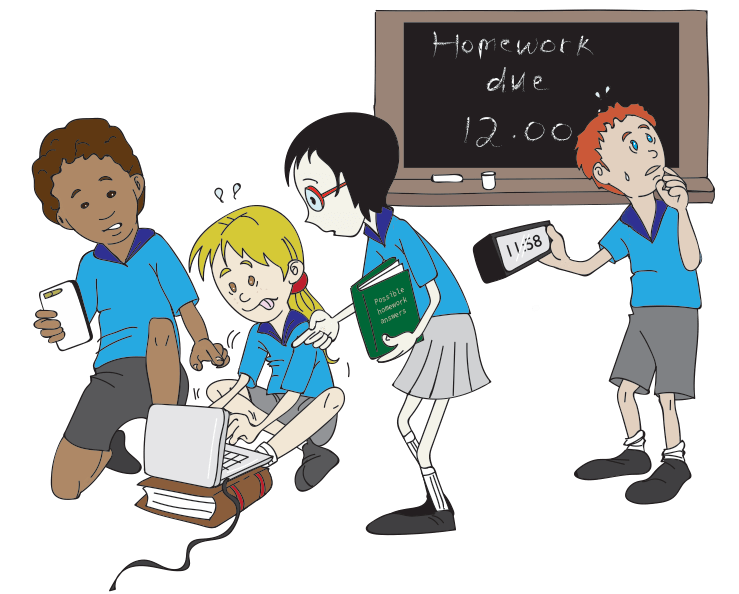ABC OF INQUIRY – COLLABORATIVE
ABC OF INQUIRY -COLLABORATIVE: “We are way more powerful when we turn to each other and not on each other, when we celebrate our diversity… and together tear down the mighty walls of injustice.” Cynthia McKinney, politician and activist. Collaboration is not just a joining together, it is a respect and valuing of diversity and understandings, and how all participants’ voices are heard and incorporated into plans to go forward.
COLLABORATIVE: Working towards a common goal…
To learn and teach collaboratively is to develop and scaffold experiences where people can work towards a common goal. Collaboration is where people co-operate together to achieve a common goal or serve a common purpose, it is not simply group work. Collaboration can take many forms and shapes.
The trick to collaboration being constructive rather than destructive is the awareness of how the responsibilities and power in these shared relationships is ethically made visible and how the power differences are negotiated.
Collaborative learning doesn’t always mean group work, it means people finding useful ways to share and develop ideas together. This can be done in a variety of ways including group work or individual research with a space for sharing.
Collaborative teaching and learning between teachers and students involves both positioning themselves as co-researchers, where power, responsibility and accountability are balanced in an equitable way.

Vygotsky, was a brilliant researcher who recognised the value of collaborative learning, he saw learning as a social event where apprentices and mentors work together to move from the known to the unknown. He developed the Social development Theory, which states that community plays a central part in the meaning making process all learners undergo. This approach to learning recognises that all learners go through different processes to reach understandings because of the background (social, cultural, political) that has informed their prior knowledge. This knowledge and understanding is developed and co-constructed or co-researched with mentors and peers in collaborative situations. Vygotsky’s work bought to light the importance language has in developing understandings. Language is a social, collaborative event and process, where ideas are argued, juggled, exchanged and examined. This process supports the apprentice to develop the language of learning or subject/event specific language that helps them think and process their own ideas and experiences.


